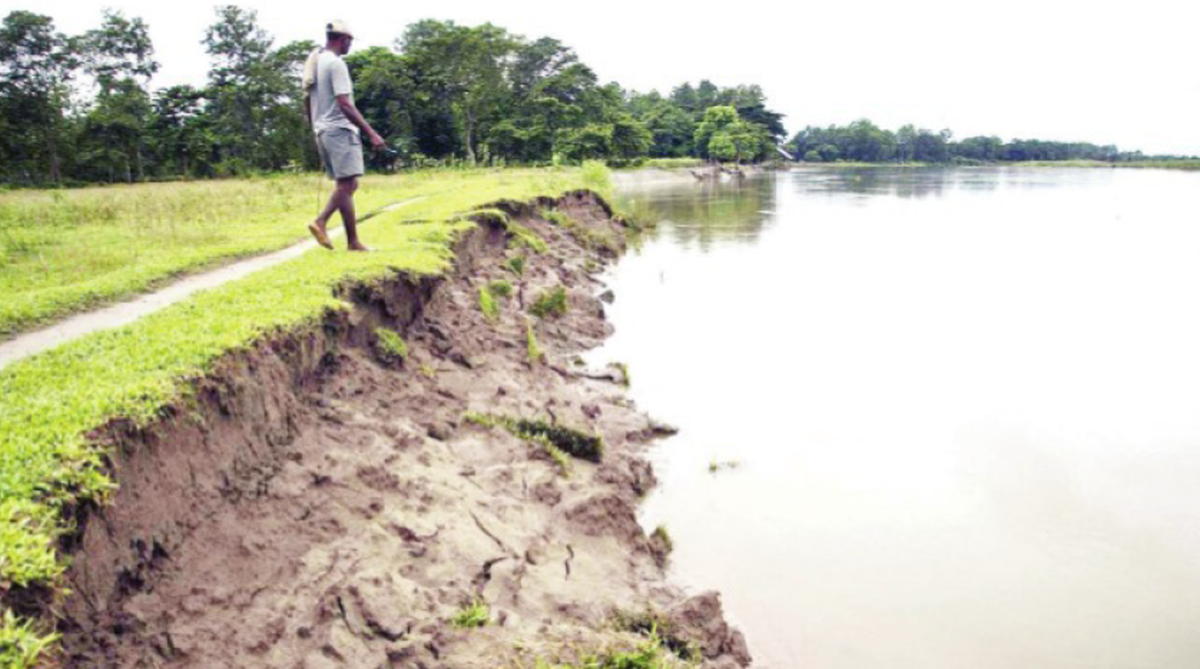Delimitation reshapes Assam’s electoral map: Congress legacy faces transition, BJP strengthens grip
In a significant electoral overhaul, Assam braces for its first polls under the revamped parliamentary constituencies, slated for April 19.
Families on Majuli island, on the Brahmaputra, are facing an uphill battle for survival.

Official estimates based on satellite data show that Majulis land mass decreased by more than 31 per cent between 1914 and 2004.
People living on the world’s largest river island are struggling to survive despite attempts to develop it as a tourist attraction. Majuli, in Assam, has lost around half of its area over the last century because of erosion due to heavy flooding of the Brahmaputra. While the shores are protected by an embankment of sandbags and concrete barriers, the island is swamped during the annual monsoon and some experts have estimated that it will be completely submerged by 2030.
Meanwhile, the 160,000 inhabitants attempt to make a living by fishing, building boats and raising crops on the silty soil. They are reliant on using ferries to reach the nearest market for their goods until new road bridges linking Majuli to Jorhat and Lakhimpur are finished.
The construction project officially began with the laying of the foundation stone in February last year but has been beset by delays. Last December, media reported that one of the companies awarded the contract to carry out survey work had been accused of forgery.
Advertisement
However, the chief minister of Assam, Sarbananda Sonowal, has promised faster development of the island district. “There is tremendous curiosity of people around the world about Majuli and many want to visit the place,” he said, “The state government is taking up lot of initiatives for developing the tourism potential of Majuli. All superstitious beliefs must be removed from society with scientific temperament and people of both Barak and Brahmaputra valleys must remain united in the spirit of harmonious coexistence for faster development of the state.”
Majuli is the largest river island in the world, covering around 880 sq km, according to Guinness World Records. Other reports suggest a smaller area of around 515 sq km. It has a long and rich history and is considered a centre of Vaishnavite Hindu culture, whose followers worship Vishnu. The island is home to more than 30 Satras or monasteries, many of which contain irreplaceable collections of writings, antiques and masks.
In 2008 the Government of India applied for Majuli to be listed as a World Heritage Site but no further action was taken after Unesco requested further evaluation of the area, including assessment of the impact of deforestation and the building of dams. The organisation said it wanted “to ascertain whether managed retreat is the only realistic approach to the flooding and erosion processes”.
Additional reporting by Associated Press
The independent
Advertisement